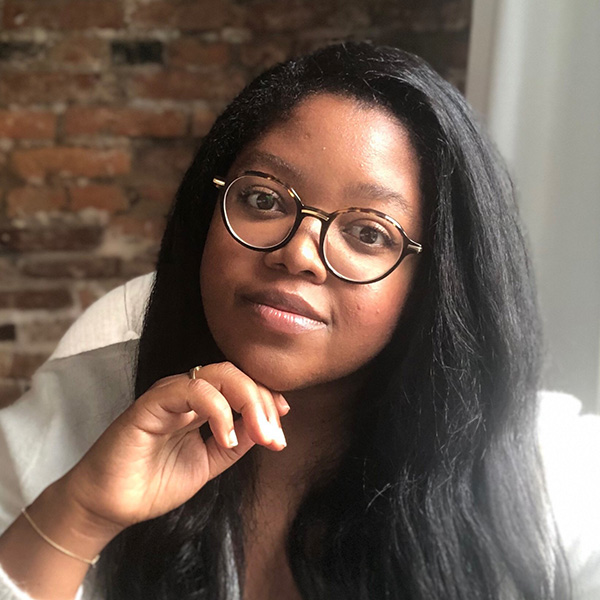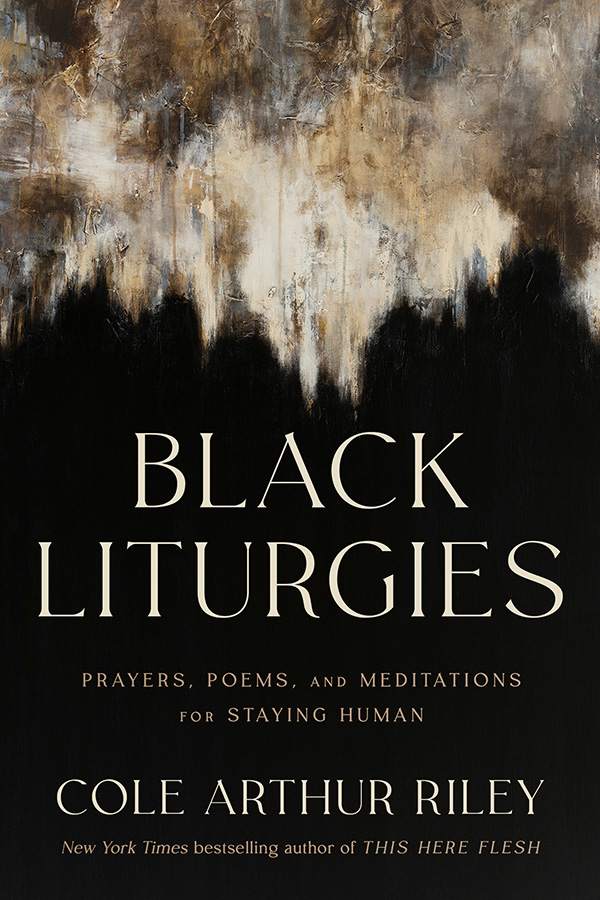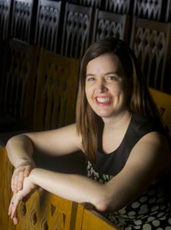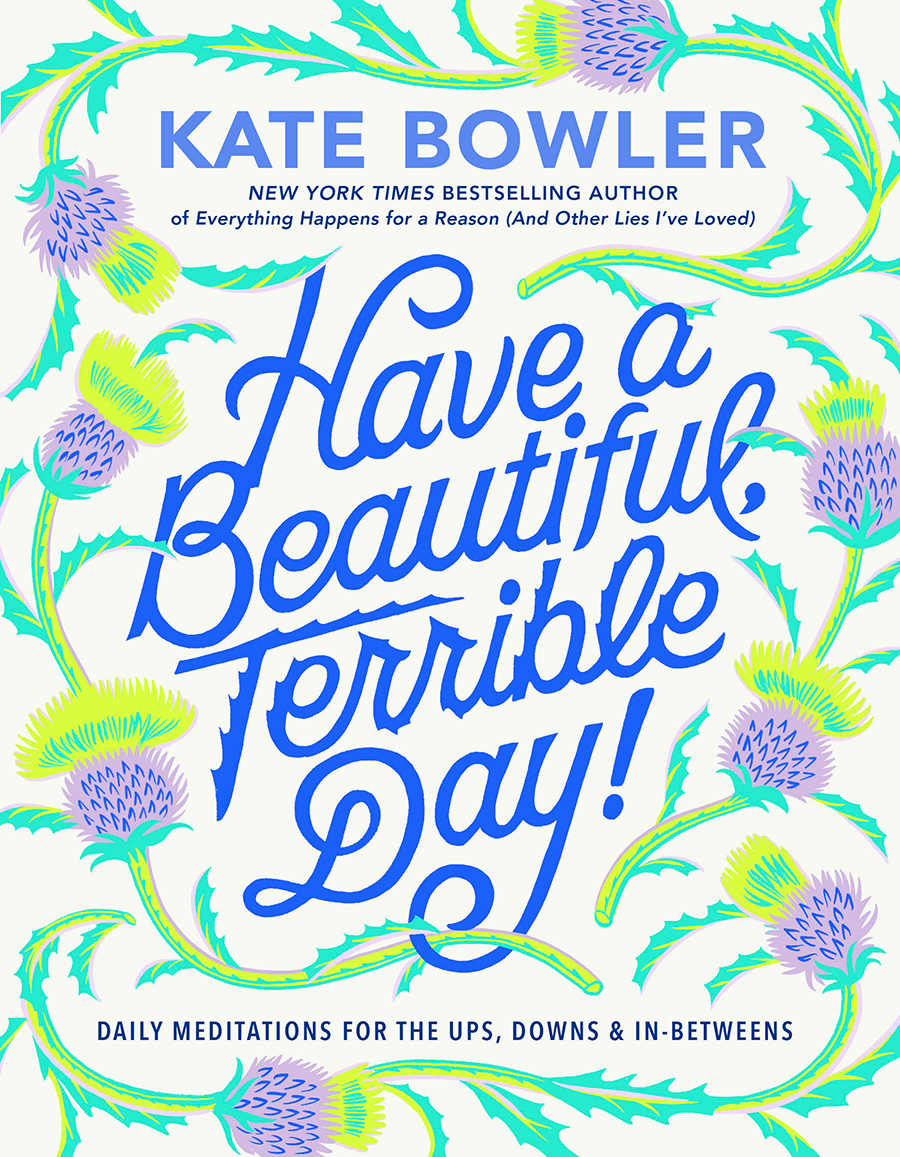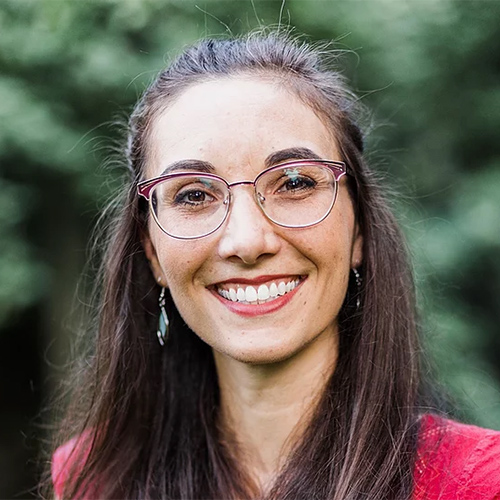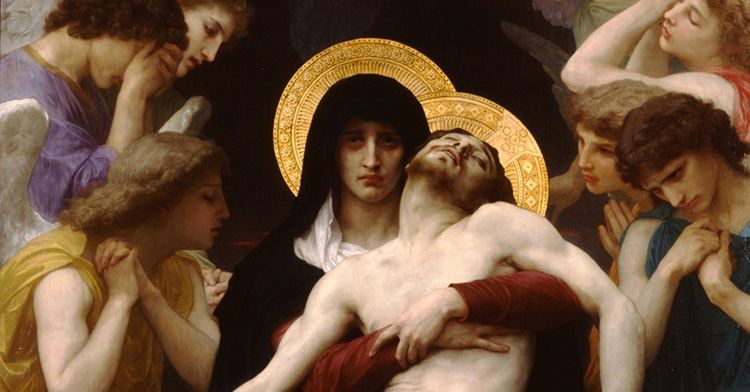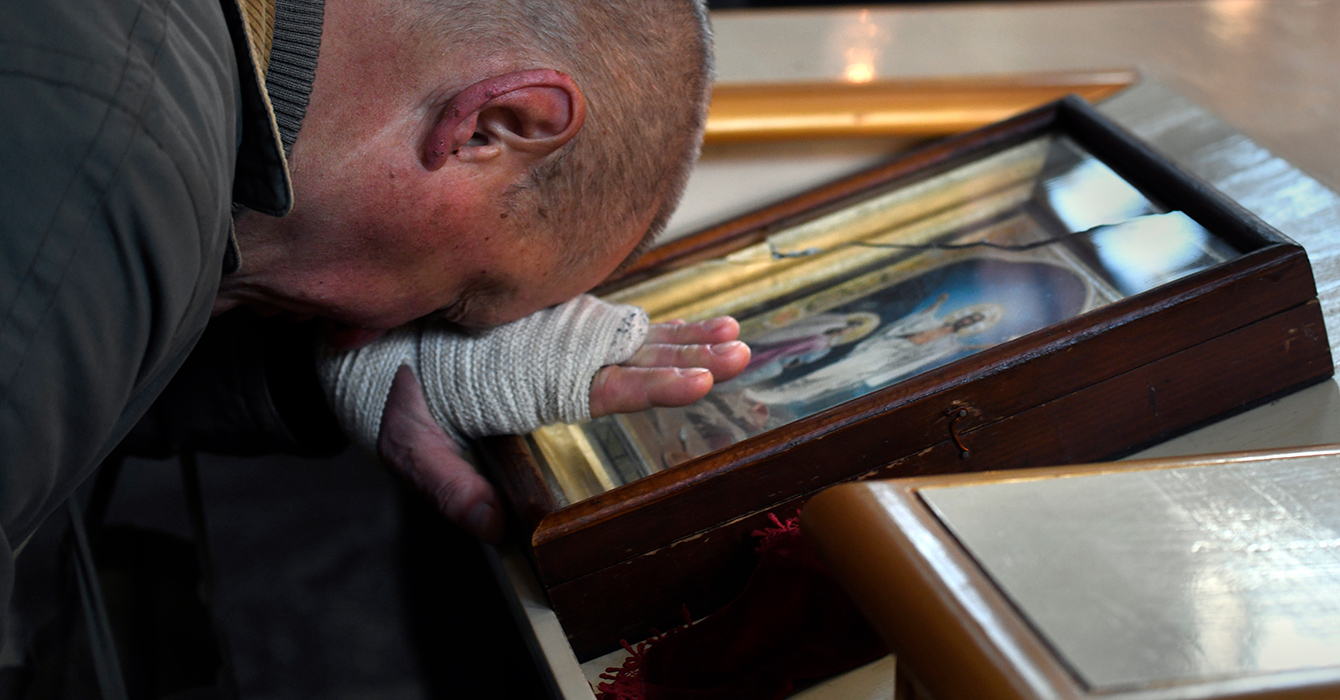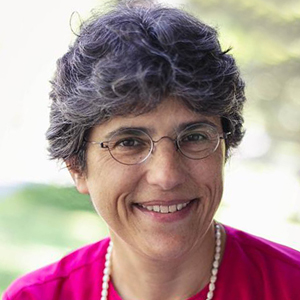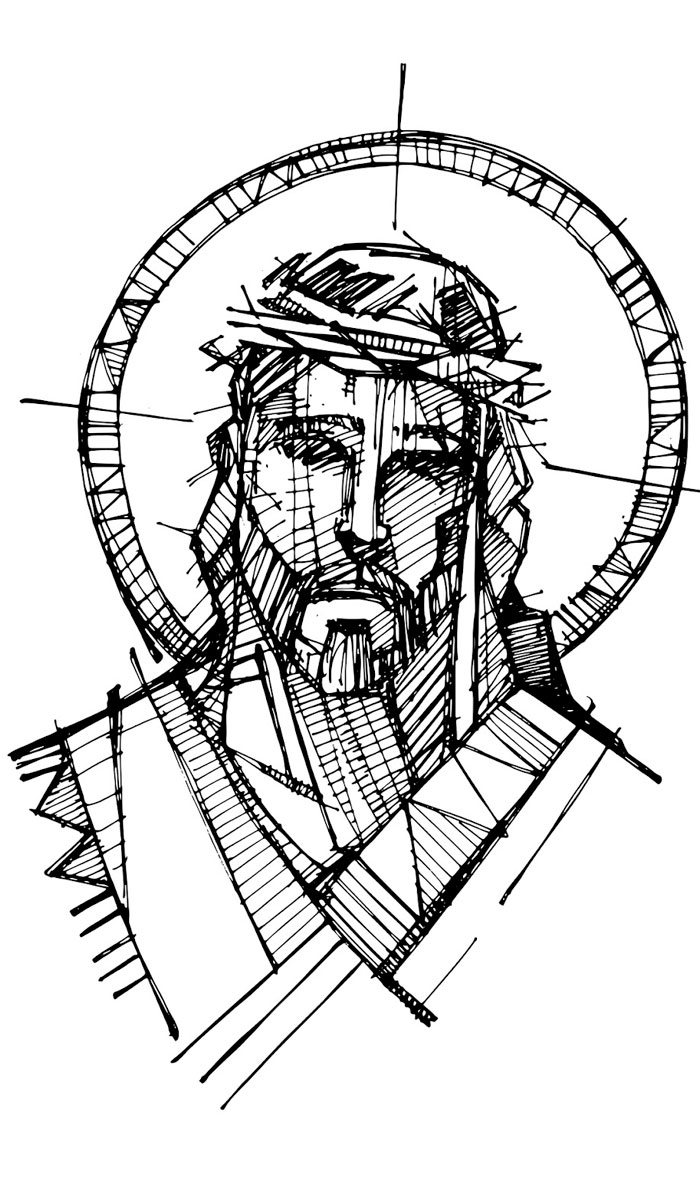How do you say anything about our world these days? Where do you start? Let me tell you where I am.
Each day, I wake up in a house that is new to me, my family having relocated to Colorado just as COVID-19 was about to march through Denver.
Each day, I go no farther than my front porch to sit in the high-desert sunshine, the street devoid of noise and traffic. Bags of groceries show up on the porch -- a miracle of the “contactless” Instacart driver, who appears and disappears without so much as a knock.
And although I am surrounded by mountains, by the copper mesas of the Colorado National Monument, the angle of my porch and the bulk of the silent neighboring houses conspire to restrict my view. I am stuck, unable to see what’s around me, unable to get my footing in what is, to me, a new world.
That is where all of us are now. Each day, the world is new. New terrors, new numbers, new reports of COVID-19’s approaching shadow. Perhaps your county, like mine, has fewer than 50 cases. Perhaps your community is becoming another deadly epicenter of the virus’s relentless spread.
Or perhaps, as you await news of a test result, the shadow is at your door.
When I go online each day, I see the varied ways in which we’re trying to cope with this new world of sickness and uncertainty. It doesn’t surprise me; we are trying to find ways to hold on. We share resolutions to be “productive” during quarantine, seeing our enforced season at home as a time to get fit or learn to paint or do anything to fill this new space in our lives. We post pictures of home-sewn masks. We are trying to be hopeful.
But for me, the hopefulness is hard. I want to be optimistic -- yet I also cannot shake the blind fear that grips me at night. I worry for my young son, who left his old, familiar community to start life here anew and now does kindergarten on a screen, talking to a teacher he barely knows.
I worry for my mother, a grocery store cashier with a history of pneumonia, who cannot take off work because she cannot afford the lost pay.
I worry for the people nobody hears from anymore: the children whose only lifelines were school, the woman who fears her boyfriend, the families living in one-room apartments where coughs and fevers are spreading. I worry, and I fear.
The poet Jane Kenyon, in her essay “The Shadows,” describes a similar reaction to fear. I have found myself turning to Kenyon in my waking hours, because she is the poet I love the most. I love her because she, too, knew fear: cancer, bipolar depression and leukemia became permanent guests in her New Hampshire farmhouse.
In “The Shadows,” she shows me what it means to seek life while feeling fearful. Her familiar, clear-eyed vision emboldens me as well to see what is around me, especially when legitimate fears leave me gasping for air.
Kenyon begins by looking at her peony garden, which will soon be smashed by an approaching early summer storm. She tallies the various “smashers” in her life, including her husband’s cancer, and feels a great connection to the “flowering and fading” peonies, their large blooms fragile and heavy.
She names the losses that her husband’s illness has brought: “To lose your health, your strength, your ability to work, and to take pleasure in life -- that is tragedy. It’s no less tragic because it happens to everybody.”
Who among us doesn’t feel this tragedy right now? Who among us does not feel paralyzed, unable to look around at the early spring that is unfolding outside our windows?
It is not lost on me that this virus has crept up during spring, and especially during Holy Week, the most opulent time of the church year. Where are the palms for Christ’s triumphal entry? Where are the lilies, the bay leaves and the rose petals?
In my Eastern Orthodox tradition, we gather red and white carnations to adorn Christ’s tomb on Holy Friday. Then at midnight on Easter, candles flaming at the end of our long, dark Lent, we ring bells and stomp our feet and sing “Christos Anesti” -- Christ is risen!
But this year, all of us are to be home, the churches closed, the flowers absent. It is tragic because it is happening to everybody.
But Kenyon, fierce as she is, does something significant in the face of the approaching storm: “Tonight before the storm I went out with the kitchen shears and a basket. I cut every full-open peony in sight, quantities that I would never permit myself under other circumstances. I knew the rain would shatter the flowers, break their stems so that their luxurious forms and perfumes would be lost for the year. Pick them, something told me, pick them and fill the house, and we’ll put our faces into them and inhale, and see the ants crawl on them, and leave the ants alone because life is precious and ought not to be crushed.”
Because life is precious and ought not to be crushed. I think of St. Paul: “We are pressed down …, but not crushed” (2 Corinthians 4:8).
I think of the woman cracking open her jar of costly perfume and anointing Jesus’ head, of Joseph of Arimathea buying fine linen and wrapping Christ’s dead body. Of the women disciples, hidden in their homes after Christ’s death, preparing burial spices out of fierce love for the Lord, who they thought was lost.
And in this time of death and dying, of sickness that does not seem to end, I find myself taking a packet of forget-me-not seeds and soaking them overnight, their brown pods almost weightless in the water.
In the morning, I will bring them to my container garden pot, prepared with soil, and plant them. Plant them, I think, for me and for you, and for our Lord, whose precious body was not lost but risen.
As we live in shadow, may we find ways to adorn and anoint and bless the new world in which we live, dark as it is. May we find new ways to save what is beautiful -- not in empty hope, but, as Kenyon says, “in love despite fear.”
And if you cannot, please know that I will plant and pick and tend my flowers for you, for all of us. Because your life, like mine, and like everyone’s, is precious, even as the shadow approaches.



